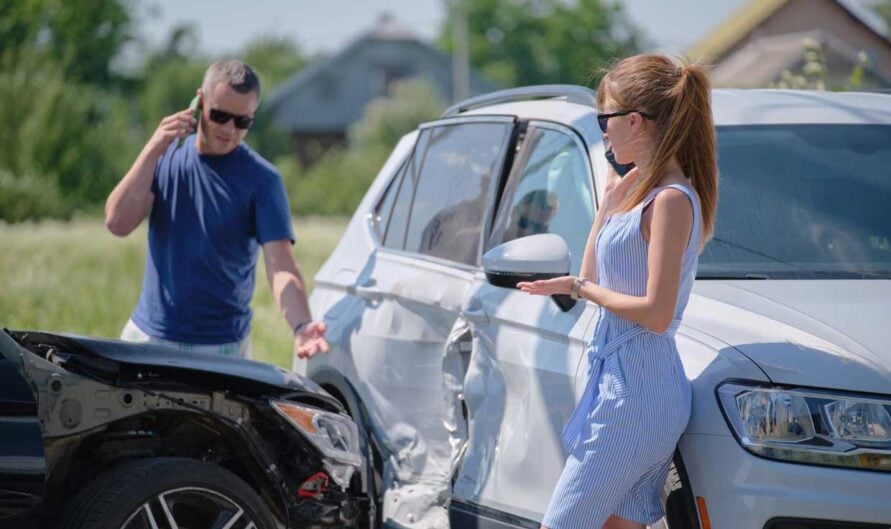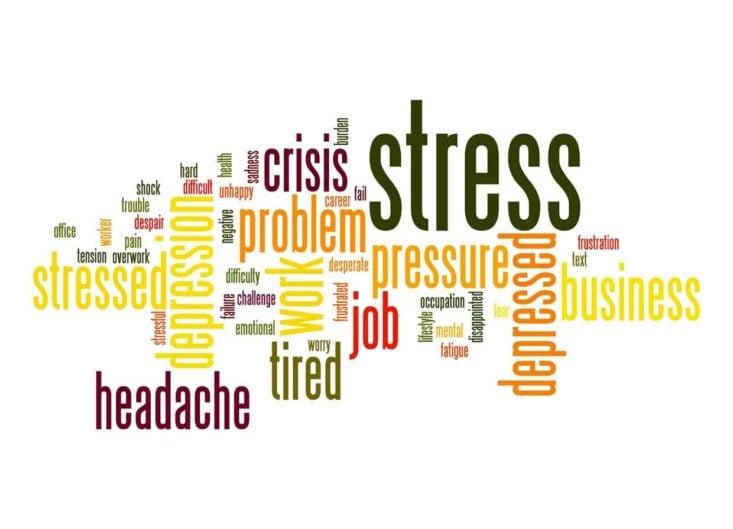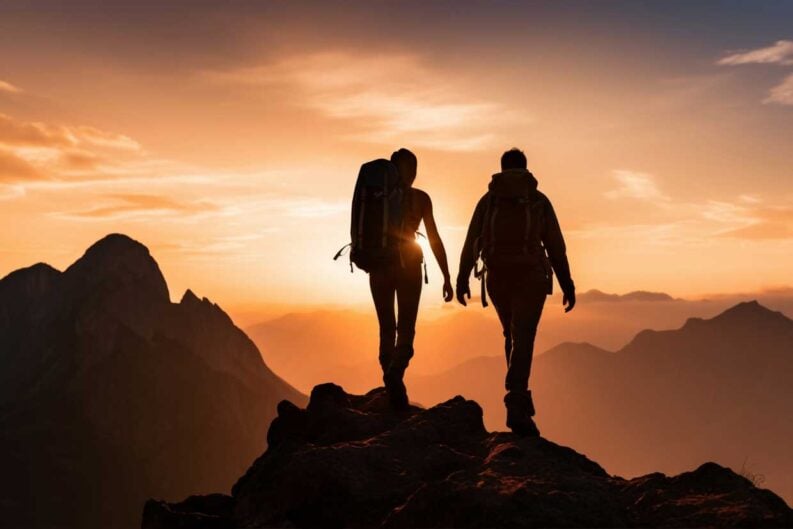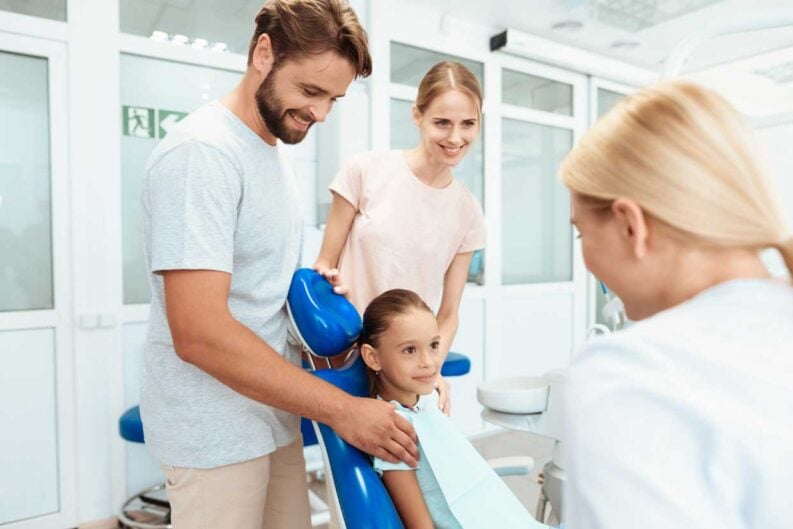No one wants to get into a car accident, but when it happens, there are essential steps to take, especially when filing a car accident insurance claim.
Oregon state law has several requirements that people must adhere to. This guide is meant to help you with what to do after a car accident, when to contact your insurance company to report the claim, and when to call a personal injury attorney.
Get Help
First, check yourself and your passengers for injuries and then call for help. Your medical needs are the first priority. If you are uninjured, check on the other drivers and passengers of the other vehicle. You must remain at the scene of the accident, but there are safety precautions you should take. If no one is injured but there is property damage, you must notify law enforcement. If it’s the case of a hit-and-run driver scenario, the sooner you contact the police, the better.
Safety First
Turn your hazard lights on. If you are not injured and can safely move your car to the side of the road, do so. If moving your car would be unsafe or become a hazard (i.e., pieces of the car falling off into the roadway), it may be necessary to put the car in park, turn it off and leave it.
Sitting in your car in a busy intersection or on a highway runs the risk of getting hit again by another vehicle, so it’s safer to leave the car and get to safety by the side of the road. Law enforcement will help direct traffic and give time for a towing company to tow your car.
Assess the Damage to Your Car
If you have a phone with a camera, you should take pictures of your car, the other vehicle, and the accident scene. You can take photos of everything you need to document the accident, including the scene, the road, and the surrounding area. If applicable, you should also take pictures of the damage to vehicles and other property.
Keep Calm and Gather Information
Accidents can be emotional and very tense. It’s essential to keep calm and get as much information as possible from the other driver or drivers. If it’s safe to approach them, avoid confrontations or statements that admit fault.
Try to get all of the drivers’ full names and license numbers, insurance company and policy number, and the make, model, and license plate of all vehicles involved. If it’s a road rage incident, remain calm until the police arrive and document as much information about the other party as possible while remaining safe.
Additional things to document can include the time of day, location of the accident, street address, and any nearby landmarks. Document the current weather and if there are any weather conditions present. If there are witnesses, try to get their name and contact information and document what they saw.
Documenting details is especially important if you have collided with an animal or wildlife or lost control of the vehicle due to weather-related conditions. Note any property damage that has occurred as a result of the accident.
Working with Law Enforcement
When law enforcement officers arrive, they will also gather information to create a detailed report. They will take statements from all parties, interview witnesses, and document any violation of traffic laws. You must get the officer’s names and badge numbers, even if they are filing a report. You will need this information to get a copy of their report.
Sometimes, police cannot come to the scene if the accident is minor and there are no injuries. If that is the case, it could be vital for you to file a police report. A police report will document the accident and could help you in your case.
Contact Your Insurance Company
Sometimes, it’s possible to contact your insurance company directly after the accident while still on the scene. If your insurance company has an app on your phone, you can start that process immediately. But it’s best to contact them as soon as possible to start the claims process.
Other Requirements and Considerations
In Oregon, you may be required to file an Oregon Traffic and Accident Insurance report within 72 hours of an accident, which is required for any accident with damages over a certain threshold.
Oregon also has an at-fault accident system, which means that the party found at fault in an accident is responsible for the injuries and damages that result directly from the accident. Multiple parties can be found at fault for an accident, and compensation is distributed accordingly in those cases.
Another consideration is your physical state. Often, an accident occurs, and our bodies go into a fight-or-flight state, releasing endorphins and adrenaline. This can give a boost of energy and often mask injuries. A few hours later or even the next day, you may feel the effects of the accident and need medical attention.
Contacting a Personal Injury Attorney
Insurance companies almost always attempt to minimize the amount they pay on a car accident insurance claim, whether they represent you or the other party. Before you submit any recorded statements to an insurance company, you should speak with a personal injury attorney.
Many personal injury attorneys, like those at Warren Allen in Portland, provide a free consultation and will also inform you of your rights under the law and different factors that may affect your claim. The guidance of a personal injury attorney can ensure you are fairly compensated and your rights are protected.
In a perfect world, everyone would do the right thing, but unfortunately, this never seems to be the case with car accident insurance claims. Hiring the right experienced personal injury attorney can make a big difference in finding closure after a car accident.















